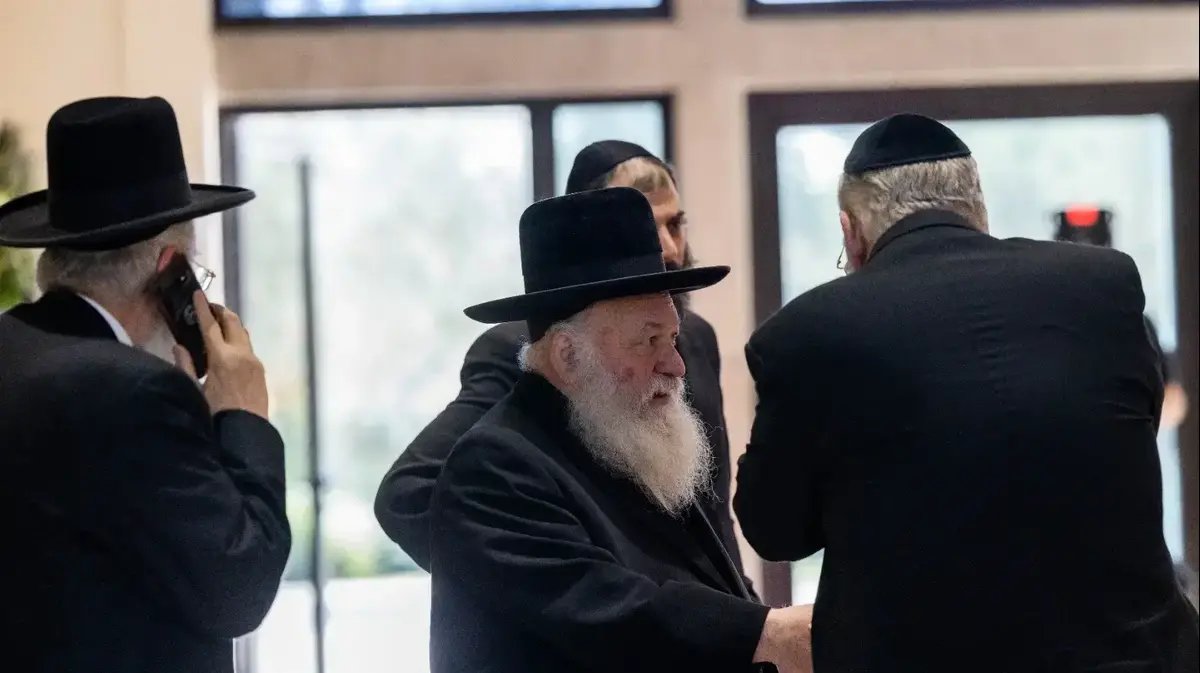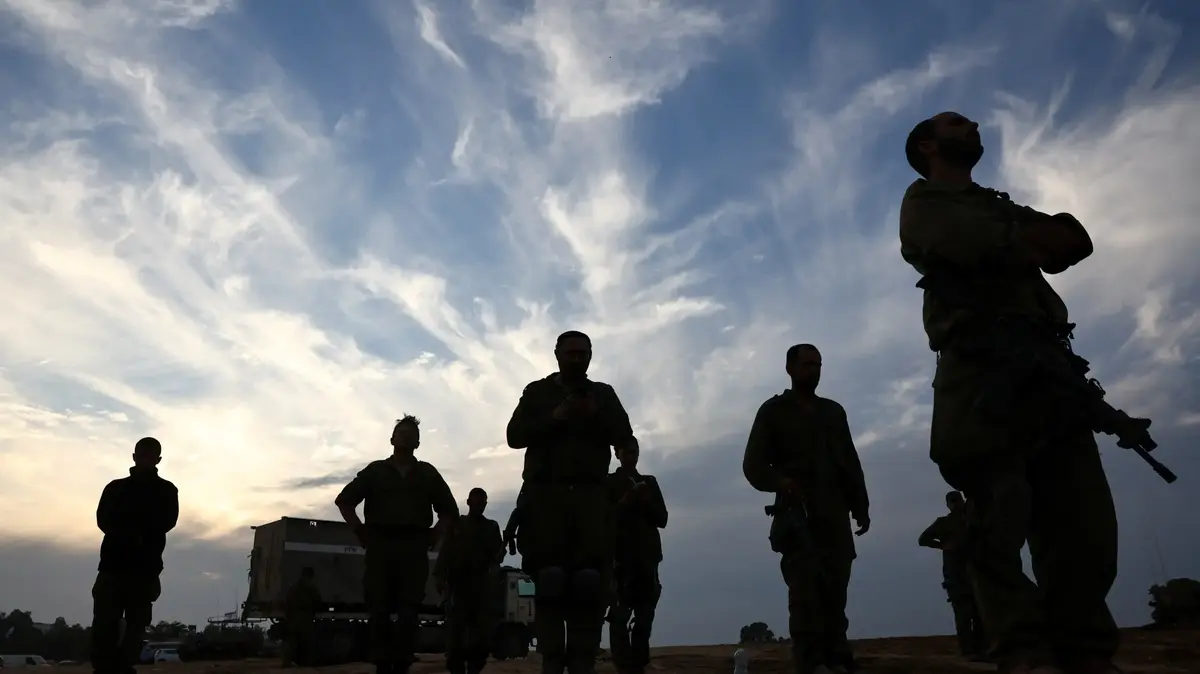Jewish men praying at sunset (Photo: ShutterStock)
Today there is a ten-day fast in Tevet, which is one of the four days of fasting established in commemoration of the destruction of the Temple.
On this day, King Nebuchadnezzar of Babylon laid siege to Jerusalem.
The siege ended a year and six months later, when the walls of Jerusalem were breached, and after a few weeks, on the Babba, the first temple was destroyed.
The Chabad Halacha Institute presents the laws of fasting in an accessible and orderly manner. The
time of Lent:
Lent begins at dawn. Whoever went to bed had a regular sleep the night before Lent, and had in his mind to get up and eat before dawn - he is allowed to eat. But if he did not plan to eat, and it happened that he woke up and wanted to eat, it is forbidden to eat and it is permissible to drink. And to begin with, it is correct to stipulate also for drinking only. The
debtors during the fast:
Every man and woman starting from the age of mitzvah must fast, as well as partners, and the bride and groom within the seven days of the feast - fast.
Children under Bar Mitzvah or Bat Mitzvah age - do not fast.
A patient who has fallen to bed or whose whole body has weakened is exempt from fasting.
And pregnant women are exempt from fasting.
(And especially if they feel weak, they should not make themselves worse and fast).
Full or partial breastfeeding is exempt, women in other periods who are having difficulty should contact the rabbi.
Those who are exempt from fasting will only eat foods that are necessary for the body's existence and not sweets, so that they will participate in mourning with the public.
Lent rules:
On the day of Lent, one does not rinse the mouth.
And in place of sorrow such as the one suffering from bad breath, mouthwash that is not suitable for drinking can be gargled (but not on Yom Kippur and Tisha B'Av).
If he forgot and ate or drank, he should stop eating immediately when he remembers and continue to fast and say "Annu" as usual, and he does not need to complete the fast on another day, but redeem it in charity.
"Annu" Laws:
In the morning prayer, only the Messenger of God in the repetition of the Sha'at says 'Annu' - between the blessing 'Gael Yisrael' and 'Rafano', and if he forgets he says the blessing 'Hear our voice' before the words 'Because you hear', and closes the blessing 'He who answers his people Israel in times of trouble' And he hears a prayer.
' "'Annu' between the blessing 'Gael Yisrael' and 'Rafano'.
An individual who forgets to say 'Annu' in his prayer - they will say after 'Alki Nezur', before the second 'Yhiyu Latzon', without a signature. He does not remember another witness who finished his prayer - he will not return
Salihot and "Our King"
:
Salihot is said in the prayer after the falling of noses - before 'Our Father, our King'.
In the recitation of the forgiveness in the Seder Tefal, 'Our God and the Gods of our ancestors' are omitted.
.
It's our fault.
After the prayers are finished, they say the long 'Abino Malku'.
If there is a son-in-law or Mila in the synagogue - do not say 'Our father is our king'.
After that they say "and we won't know".
Half Kaddish.
The reading of the Torah:
"Vychal Moshe" is read to three callers, even if there are only three who fast.
He who is not tortured, will not be called to go up to the Torah.
And if they called him to go up and it was difficult for him to announce that he was not being tortured for blaspheming God - he would go up.
When reciting the verses 'Shub Mahron Afach',
'God Almighty God is Merciful' and 'Vishlat Laonu' - the public says first in a loud voice, and the husband reads after them.
The one who comes to the Torah, will start saying them with the public and will try to finish them together with the Baal Kora.
Minha prayer order:
And he spoke with incense, please with power, blessed, half Kaddish.
Taking out the Torah scroll and reading 'Vychel Moshe', three people come up, and the third is the pattir, 'Darshu Ha'', after the 3 haftar blessings before the Shemuah prayer, they return the Torah scroll to the Holy Ark, 'Hallelujah', half Kaddish
. ``Annu'' in hearing a prayer, and in the repetition of the Sha'at the Sha'at says 'Annu' between the blessing 'Gael Israel' and 'Heal us.'
.
"
Bless you"
. Datanita", which is the cost of the meals that were supposed to be eaten today;
David Berger, submitted on behalf of Shuba Israel
Judaism
life itself
Tags
Judaism















